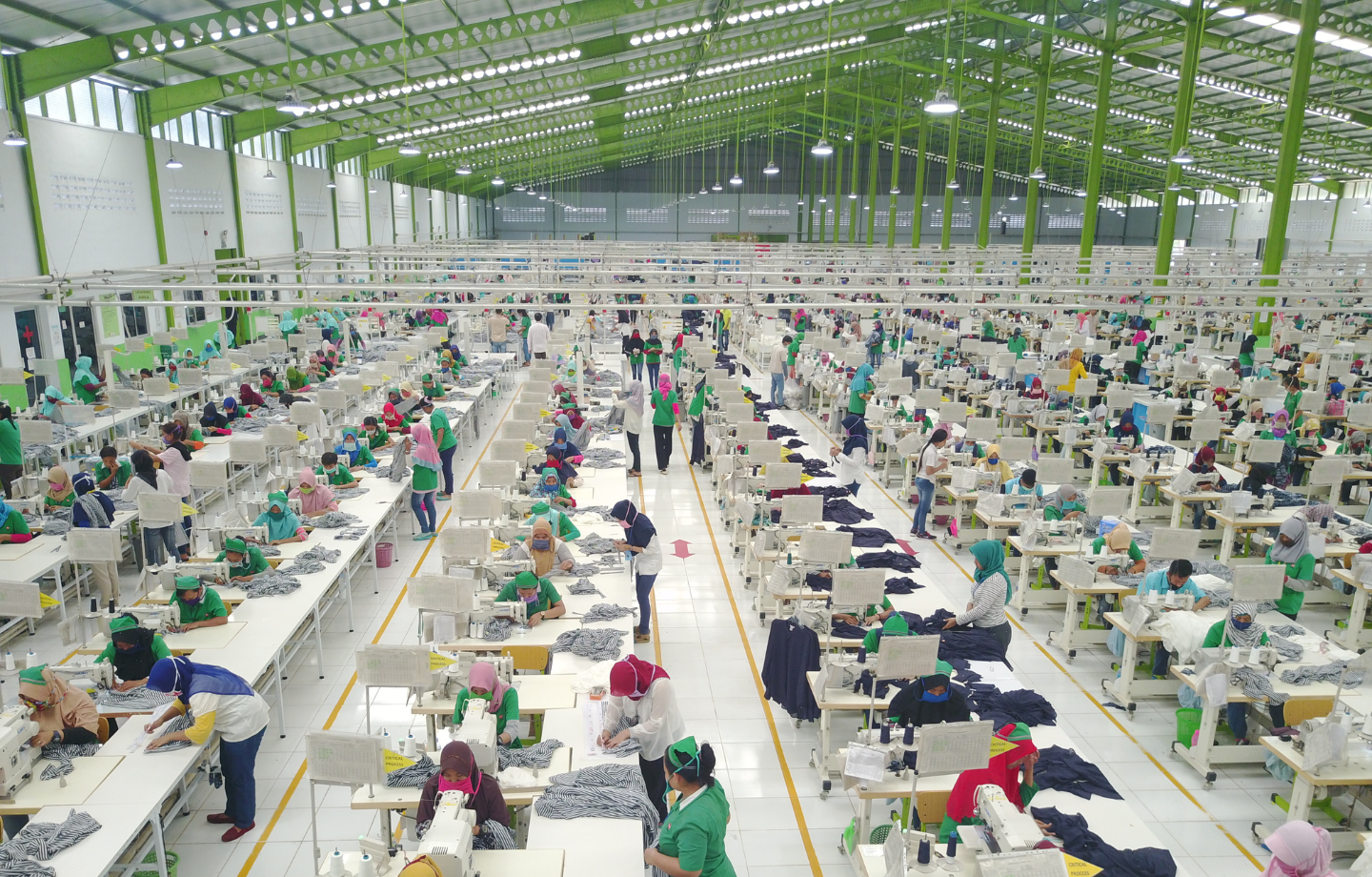As Another Factory Collapses Killing, Trapping Workers, Root Causes of Bangladesh’s Human Rights Crisis Remain Unsolved

March 12, 2015
New York – After the collapse of a cement factory in Bangladesh, which killed at least four people and left nearly 100 workers trapped in rubble, Sarah Labowitz, co-director of the NYU Stern Center for Business and Human Rights, which has been studying the impact of business practices on safety in the region, released the following statement:
“The horrifying collapse of yet another factory is a stark reminder that the root causes of threats to workers’ rights have yet to be addressed across the manufacturing sector in Bangladesh,” said Sarah Labowitz, co-director of the NYU Stern Center for Business and Human Rights.
“Bangladesh’s manufacturing sector suffers from an information crisis. Many of the worst human rights violations occur at small and medium size factories, which fall outside existing plans to improve factory safety and often are invisible to buyers and regulators. In the garment sector for example, these smaller factories are an essential feature and have helped enable the high volume and rapid turnaround that makes Bangladesh an attractive sourcing destination for major brands. They exist because of the system of indirect sourcing, in which small factories take on parts of orders sent to bigger factories as a way of keeping production costs low and volumes high. When indirect sourcing happens without transparency or oversight, workers are at greater risk.”
Labowitz is the coauthor of “Business as Usual is Not an Option,” (PDF) a research report on business practices in the manufacturing sector in Bangladesh. The Center worked directly with factory owners, buyers, and civil society groups in Bangladesh to discover risks that stem from indirect sourcing practices. The Center is working to advance solutions to poor working conditions that include multinational brands, manufacturers, civil society, and international donors. Additionally, the Center has compiled a data set of more than 10,000 records gathered from five separate databases of factories in Bangladesh. The Center is working to create a map that identifies areas in and around Dhaka where indirect sourcing factories exist outside any inspection or oversight systems.
“Today’s collapse of a cement factory is an indication of the almost total absence of government oversight within the manufacturing sector. As in the garment sector, more transparency and oversight are needed to make workers safe and prevent this kind of tragedy.”
 Global Labor
Global Labor


